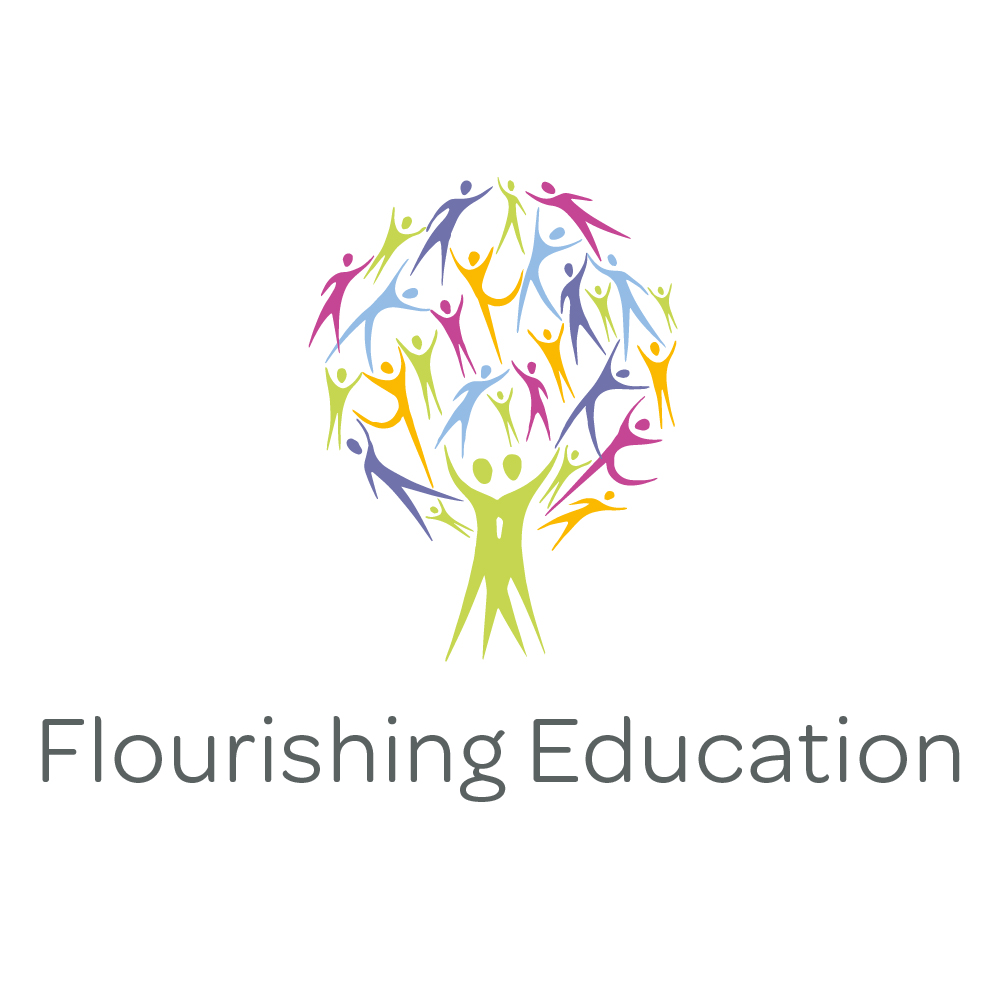
Are you a member of staff or student in an educational setting?
Have you been wondering what is going on with mental health and well-being in education, and why young people and staff alike are reporting increasing levels of stress and anxiety?
If so, read on…
Mental health in education: what’s going on?
Being a linguist, I became fascinated by the stories of ‘mental health crisis’ in HE and education and most importantly by the language used in these articles.
As a result, I started researching on the topic of resilience, stress and anxiety and interviewed experts in the field to explore their views in greater depth, students with diagnosed mental illnesses who seem to be flourishing and doing well in their studies as well as well as colleagues.
Over time, I have become convinced that to find a solution to the reported ‘mental health crisis’ in Education and in Higher Education in particular, we all need to work together (experts, professional and academic members of staff, students) in order to create a community dedicated to improving mental health in education, not just for young people but for staff too. We all have a part to play in this!
The result of this research and work will be presented in my forthcoming book ‘The flourishing student: Every tutor’s guide to promoting mental health, resilience and well-being in education’ which will be published by Practical Inspiration Publishing [2]at the start of next academic year.
My intention is to share insights on specific topics around mental health and well being as I write the book. Today, I would like to share 2 specific points.
Yes to raising mental health awareness but with a little ‘extra’?
It is heart-warming to see how many institutions and charities are getting involved in actions and activities to raise awareness of, mental health, mental illnesses and disorders. These are vital to reduce the fear, stigma and discrimination surrounding these topics.
But is awareness on its own enough?
Following a recent conversation with Dr. Stan Kutcher, of the Sun Life Financial Chair in Adolescent Mental Health at Dalhousie University in Halifax[3], Canada who is currently running a leading-edge resilience programme for teens[4], I would argue that we need to go beyond this increased awareness.
Mental health is being discussed more and more but are we talking smart?
‘If you can’t explain it simply, you don’t understand it well enough’– Albert Einstein

Is it time for all of us involved in education (parents, staff and students/pupils) to learn more about mental health, its various states which include mental illness/disorders, to be able to explain them simply to demonstrate that we understand them well enough, as Einstein so famously declared?
Time to know as much about our mind as we know about our body
My conversations with students and staff have highlighted how much lack of understanding and knowledge of our brain/mind, mental health and well-being there still is.
In our daily lives, we generally take an interest in our physical health but what about our mental health?
I am pretty sure that if I asked you, you would probably be able to say something about a specific ‘physical’ illness and its symptoms such as cancer, or diabetes but what about ‘mental illnesses’? How much do you know about depression, agoraphobia, Obsessive Compulsive Disorder or Post Traumatic Stress Disorder? What about stigma? Could you explain these naturally and intelligibly?
As Dr Winch states in his TED talk[5], it is time that ‘we close the gap between our physical and psychological health. It’s time we made them more equal’.
The way we can do this is by introducing mental health literacy in education, in our curriculum or our teaching alongside awareness, so that we can all start talking smart about mental health.
The World Health Organisation corroborates this idea and states that health literacy is a clear key determinant of health and that “literacy is a stronger predictor of an individual’s health status than income, employment status, education level and racial or ethnic group.” (2013 p.7)
Are you game?
What are your views on this? Please do leave your comments below.
| MEET THE AUTHOR
|
 |
Fabienne Vailes is French Language Deputy Director at the University of Bristol, specialising in teaching French Language and Intercultural Competence and Communication. A key part of her role is helping students overcome the challenges they are faced with and develop the resilience, skills and knoweldge they need to complete their studies and succeed both academically and in the workplace after graduation.
With almost 20 years’ experience in the educational sector, Fabienne has taught all age groups (from nursery to primary, secondary, FE and HE as well as adult learners). She therefore has an unusually wide appreciation of the issues facing students at all levels.
She is a trained NLP Practitioner and Master Practitioner and Coach, a Mindfulness teacher and a qualified clinical hypnotherapist with specialism in stress and anxiety. She is a professional member of the ANLP and Mindfulness Association.
As part of her own business – The Road to resilience – Fabienne regularly runs workshops on Mindful Living for companies and for students at the University of Bristol.
Sources:
[1] http://www.theguardian.com/education/series/mental-health-a-university-crisis
[2] http://www.alisonjones.com/products/books
[3] http://medicine.dal.ca/departments/department-sites/psychiatry/our-people/faculty/stan-kutcher.html
[4] http://teenmentalhealth.org/

Yes! Very important indeed that we bridge the gap between the physical and mental.